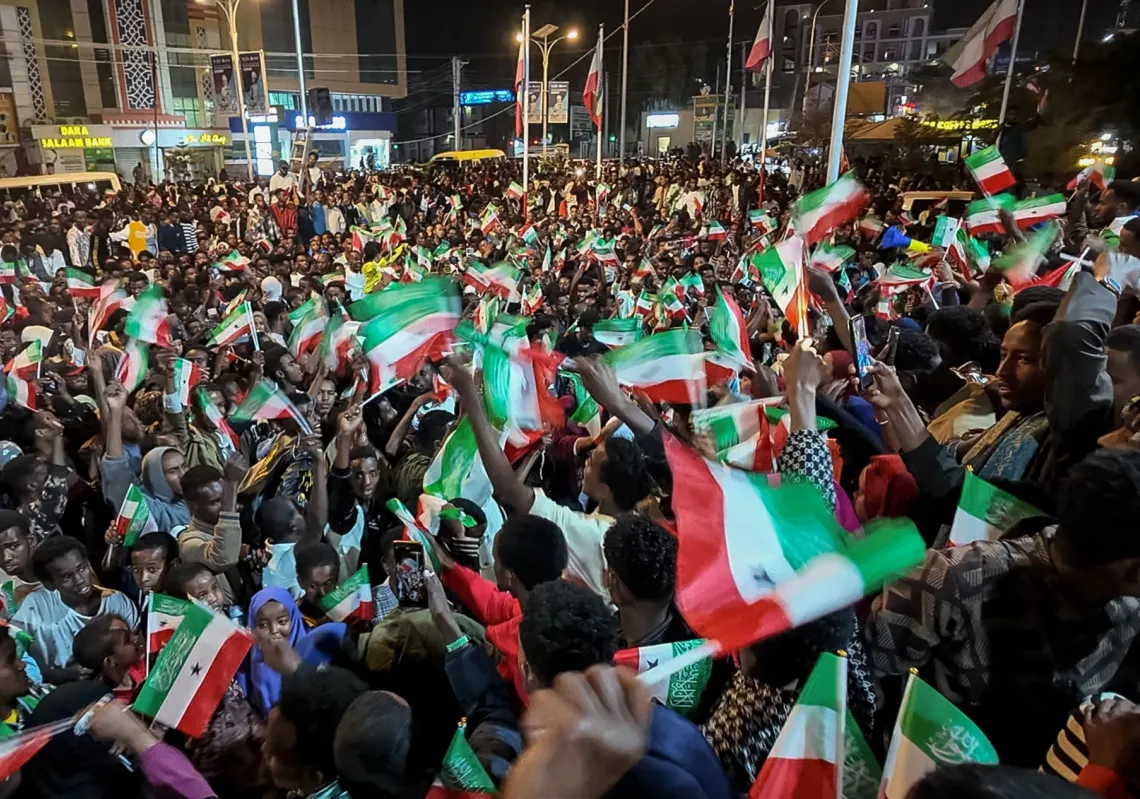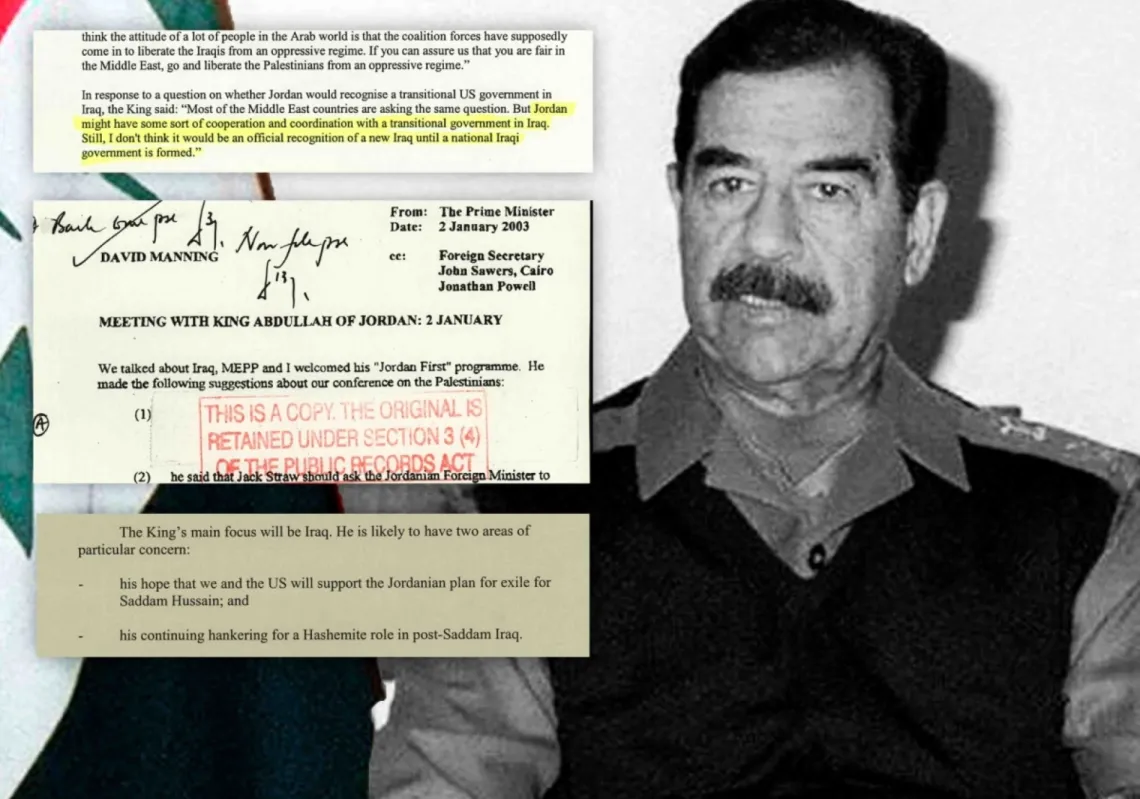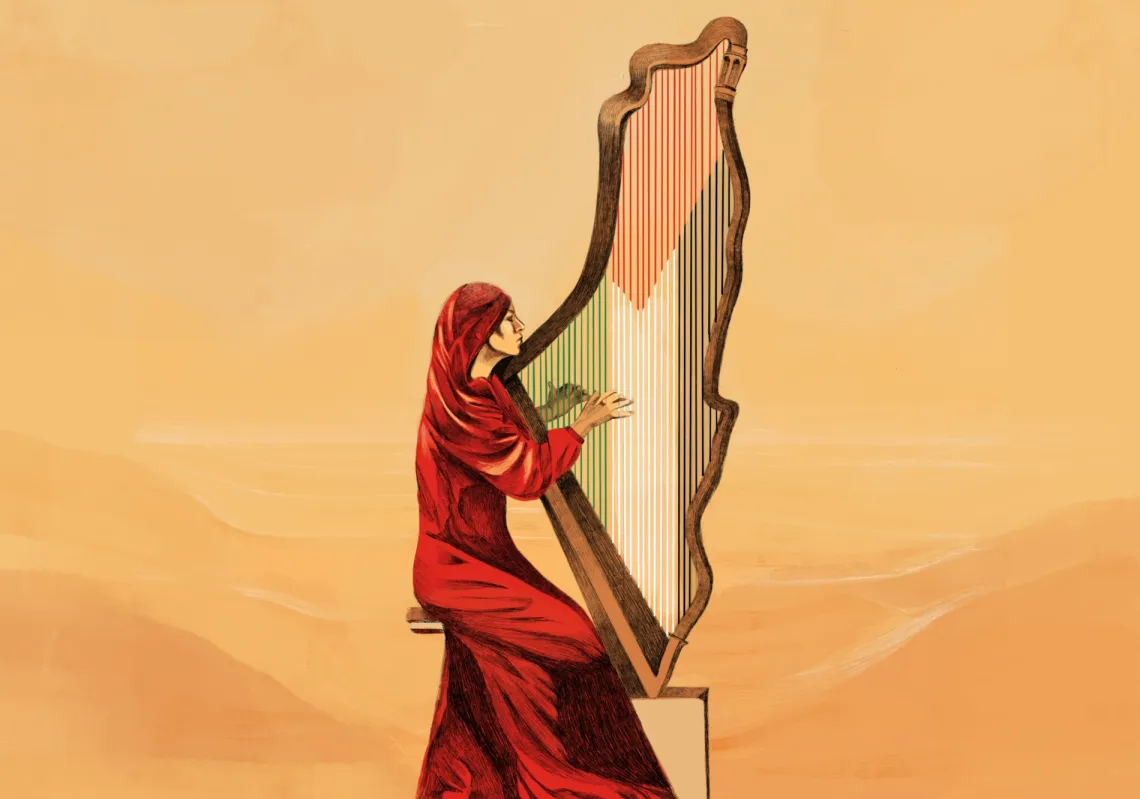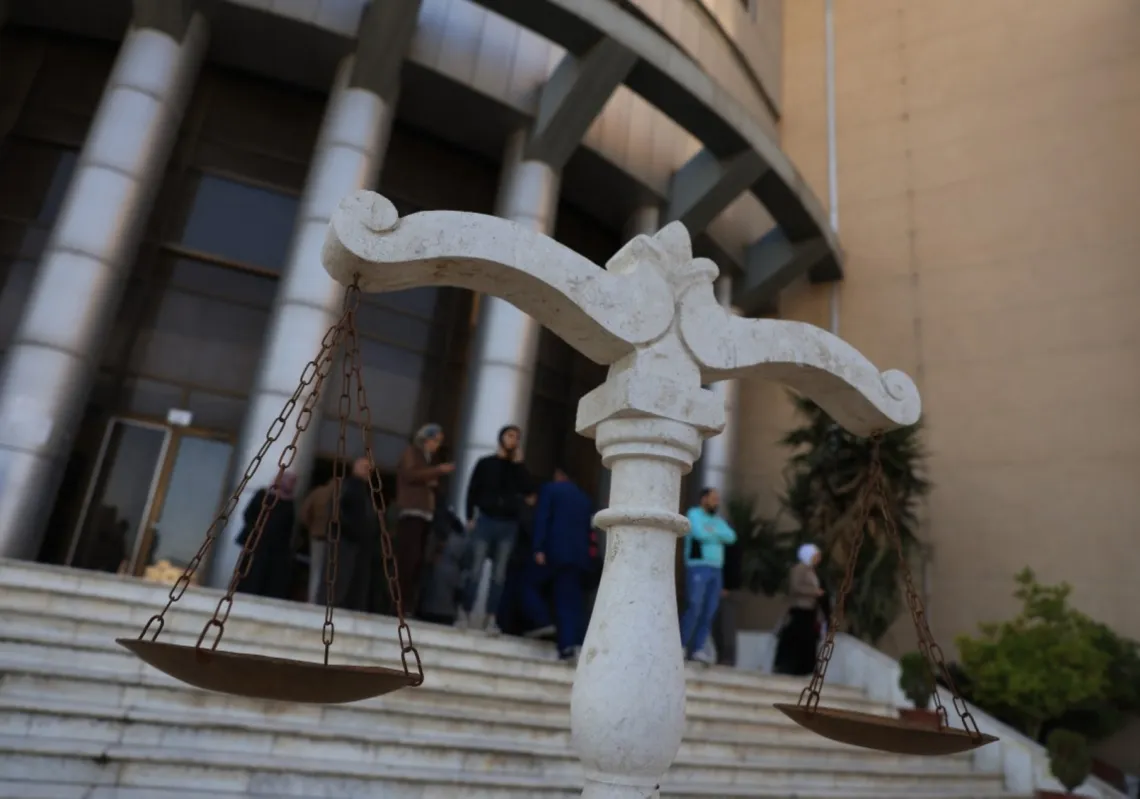 An aerial view shows the main Sunni Muslim Mohammed Al-Amin mosque built at the side of the Christian Maronite Cathedral of Saint George in downtown Beirut. JOSEPH EID/AFP/Getty Images[/caption]
An aerial view shows the main Sunni Muslim Mohammed Al-Amin mosque built at the side of the Christian Maronite Cathedral of Saint George in downtown Beirut. JOSEPH EID/AFP/Getty Images[/caption]
A newborn arrives, kicking and screaming into the world. The child is born in Lebanon, and when registered as a Lebanese citizen the parents will have to fill out the dotted line for “sect.” From cradle to grave, the Lebanese are classified according to confessional group, and their personal status matters are administered by the religious authorities. Beyond the personal, confessionalism runs through the political system right up to the top. The prime minister must be a Sunni, the president a Maronite Christian, and the parliamentary speaker a Shi'ite, and members of parliament take seats allocated according to faith group.
Efforts to either dismantle or further entrench the confessional system have dominated Lebanese politics for decades, but recent moves by politicians and civil rights campaigners look set to redraw the sectarian landscape in a crucial election year.
Lebanon’s politicians are scrambling to come up with a new electoral law to replace the existing one, and to hold elections before the current parliament mandate expires on June 20. They look unlikely to meet the deadline, and have instead succeeded in re-igniting sectarian tensions by proposing various highly divisive drafts for the new electoral law. Lebanon’s electorate is already deeply divided along sectarian lines, and the process of drawing up a new law is creating further antagonisms.
The problem is that each political bloc is proposing a competing draft that would best serve their presence in parliament while failing to guard against the sectarian fallout. Hezbollah is angling for a law that would secure a proportional representation system, thereby maximizing the number of votes they receive from the Shi'ite electorate. The March 14 alliance, composed of mainly pro-Western parties, prefer a majoritarian, winner-takes-all system that would help them hold onto their seats.
One draft, the Orthodox Gathering law, touted by the Maronite Christian leader Michel Aoun and backed by Hezbollah, has proved the most controversial of all. It proposes an electoral law whereby Lebanon’s twenty-six electoral districts merge to become one in which voters select from candidates from their own sect. Advocates claim that it would allow for a more representative system compared with the current fixed seat allocation and ensure the authenticity of votes: Christian votes for Christian MPs and Muslim votes for Muslim MPs.
The joint parliamentary committees approved the Orthodox Gathering law in late February. However, the law is unlikely to clear the next hurdle in the General Assembly due to formidable opposition within Parliament and from President Michel Suleiman. Nonetheless, the proposed draft has caused a great stir among civil society groups who, in working to de-confessionalize Lebanon, are pushing in the opposite direction.There is much talk, tweeting, blogging and marching among liberals and secularists, who are appalled by the proposed Orthodox Gathering law. They are outraged by a proposal that would further polarize and segregate religious communities in Lebanon. Some are planning to extract themselves from the confessional system by scratching out their sect in all registered documents, and in doing so venture into a legislative no-man’s land given that no civil code exists for personal status matters. This is precisely what newlyweds Kholoud Succariyeh and Nidal Darwish did in November last year, when they became the first Lebanese couple to conduct a civil marriage on Lebanese soil.
Confessionalism is also being challenged by trans-sectarian alliances formed within civil society groups. The sectarian elite are being undermined by trade union action, as seen last month when civil servants and teachers from various faith groups joined forces during strikes to demand wage hikes.
These groups are ultimately working to redefine Lebanese identity from the confessional to the national. Yet Lebanon’s many political parties are working against this tide in an act of self-preservation. Confessional politics is conceiving stillborn laws that prevent future generations from developing a national consciousness. The current electoral law, dating back to 1960, is far from ideal with a first-past-the-post system and confessional seat allocation, yet it may be the best option available if the alternatives are laws that cannot generate consensus from all sects. The 1960 law is artificial, yet reasonably safe. Even so, democracy and security hang in the balance as Lebanon hazardously lurches towards the elections.









